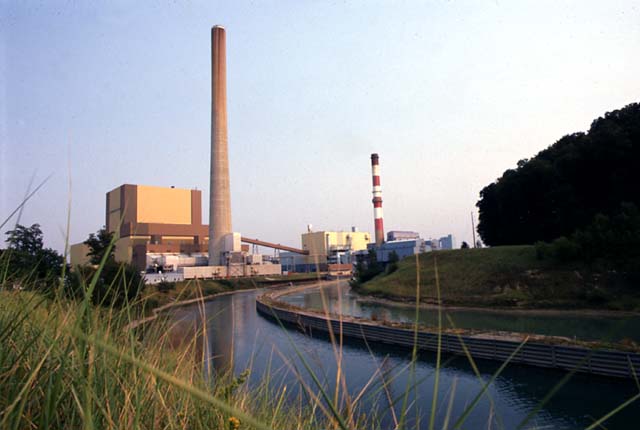- There is no mention of grid operator MISO’s assessment that with closures like the Campbell there is a significant and dangerous risk that generating capacity will not meet demand over the coming years.
- Gas is not environmentally cleaner than the Campbell given the anti-polluting equipment the Campbell has. Even in terms of effect on global warming, gas has equivalent effect to coal, and arguably more. The recent UN pact takes that into account and seeks a ban on all fossil fuels. We should not imagine that only coal plants are targeted for closure; gas is too.
- It is not cost effective to close and demolish a plant that has a significant useful life remaining using a fuel that is generally less expensive per kilowatt-hour and is important in providing energy diversity and security. This is especially true in winter when natural gas must be used not only for electric but also heating, and the various challenges with storing gas.
- The Covert plant Consumer’s Energy purchased added nothing to the overall grid, so looking at the grid overall, the closure of Campbell means the grid loses what even the article admits “has served as the backbone of Michigan’s grid for decades”. Losing this backbone carries huge risks to the very inter-connected electric grid.
- While there is an assertion what is happening “won’t involve abandoning fossil fuels entirely”, there is a failure to mention the recently signed UN pact which mandates closure of fossil fuel plants in general, and not just coal ones. Consumers wrongly asserted only 5 years ago that Campbell would remain open many years past 2025, yet only a few years later changed direction and agreed to rapid closure. There is every reason to believe it will follow the politically correct path again and its investors will be compensated to do so, but its customers will be shafted.
- It fails to mention all of the energy security aspects of being able to store coal for extended use, compared with the more difficult task of storing gas.
- There is failure to mention the economic disadvantages of the 200-person work force at the Campbell no longer doing what they are qualified to do, as well as the negative tax ramifications for Ottawa County of closing the Campbell plant.
The MLive article gives the impression the change will be good, but many unmentioned facts indicate otherwise. I appreciate the article references the “Save The Campbell” effort, but fear that overall the public is left significantly uninformed of some of the most important facts relevant to precipitous closure of the Campbell plant.
